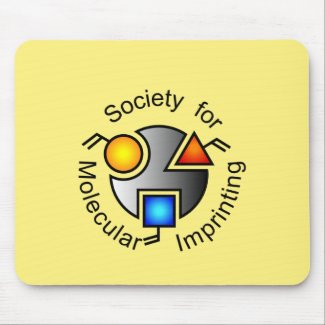
Authors: Xie JC, Chen LR, Li CX, Xu XJ
Article Title: Selective extraction of functional components derived from herb in plasma by using a molecularly imprinted polymer based on 2,2-bis(hydroxymethyl)butanol trimethacrylate.
Publication date: 2003
Journal: Journal of Chromatography B-Analytical Technologies in the Biomedical and Life Sciences
Volume: 788
Issue: (2)
Page numbers: 233-242.
DOI: 10.1016/S1570-0232(02)00796-1
Abstract: To make molecularly imprinted polymer (MIP) solid-phase extraction (SPE) capable of direct clean-up of aqueous biological samples, an anti-quercetin MIP with evident hydrophobic matrix was synthesized using acrylamide (AA) as the functional monomer and 2,2-bis(hydroxymethyl)butanol trimethacrylate (TRIM) as the crosslinker. The affinity and selectivity were evaluated by liquid chromatography, and the binding sites and the dissolution constants were measured by frontal chromatography. Compared with the AA-co-ethyleneglycol dimethacrylate (EDMA) MIP, the anti-quercetin AA-co-TRIM MIP exhibited stronger binding and possessed improved column efficacy. A linear plot of the peak area versus sample size (in the range of 0.4-2.2 mug) was obtained, which made it promising for the MIP columns to be directly used for analysis. Before MIP-SPE of the sample of plasma, several washing solvents were tested and it was shown that the careful choice of the right washing solvent is the key step to successful sample extraction. The anti-quercetin AA-co-TRIM polymer selectively extracted quercetin, the effective component in the plasma of rats fed the hydrolyzed extract of Gingko biloba L. The recovery (67%) for MIP-SPE was calculated using spiked plasma. The results of the present work showed that the properties of MIP could be improved by modifying the polymerization and that MIP-SPE could be used for direct clean-up of biological samples for the analysis of functional components in vivo originating from an extract of medicinal herbs. (C) 2003 Elsevier Science B.V. All rights reserved



Join the Society for Molecular Imprinting

New items RSS feed
Sign-up for e-mail updates:
Choose between receiving an occasional newsletter or more frequent e-mail alerts.
Click here to go to the sign-up page.
Is your name elemental or peptidic? Enter your name and find out by clicking either of the buttons below!
Other products you may like:
 MIPdatabase
MIPdatabase









